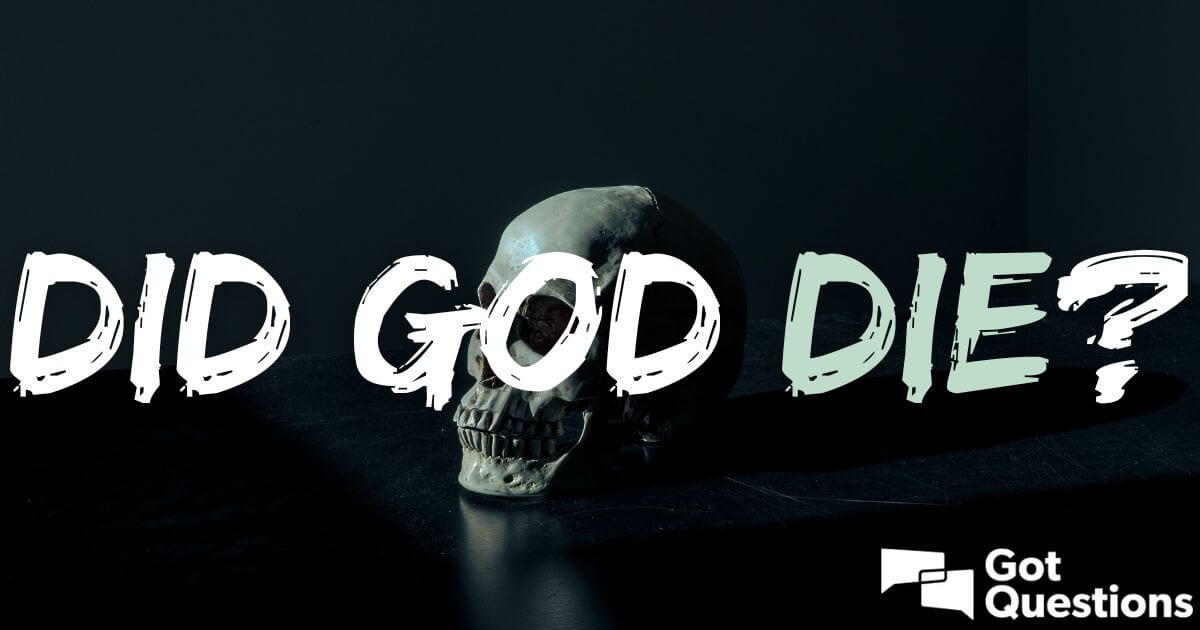Did Von Die has become a trending topic in recent years, capturing the attention of audiences worldwide. This phrase often sparks curiosity and prompts people to seek deeper understanding. Whether you're exploring its origins, significance, or implications, this article will serve as a detailed guide to everything you need to know about Did Von Die.
As we delve into this topic, it's essential to understand the context and background surrounding Did Von Die. This phrase has gained traction across various platforms, and its relevance continues to grow. From cultural references to historical significance, we will explore every aspect to provide a complete picture.
In this article, we aim to provide clarity and insights into Did Von Die. Whether you're a casual observer or an avid researcher, this content will cater to your needs. Let’s begin by exploring its origins and the factors contributing to its popularity.
Read also:Hdhub4u Phd Your Ultimate Guide To Highquality Downloads
Table of Contents
- The Origin of Did Von Die
- Biography of Von Die
- Historical Context and Background
- Significance in Modern Culture
- Different Interpretations of Did Von Die
- Statistical Analysis of Popularity
- Influence on Society and Media
- Common Misconceptions
- Future Trends and Predictions
- Conclusion and Key Takeaways
The Origin of Did Von Die
Understanding the roots of Did Von Die is crucial in appreciating its impact. This phrase originated from a mix of cultural influences and linguistic evolution. It started as a reference to historical events but quickly transitioned into a broader cultural phenomenon.
Did Von Die gained momentum through social media platforms, where users began sharing content related to it. The phrase resonated with audiences due to its intriguing nature, prompting further exploration. As we analyze its origin, it becomes evident that Did Von Die represents a fusion of history and modern-day relevance.
Key Factors Contributing to Its Popularity
- Social Media Influence
- Cultural Relevance
- Historical Context
Biography of Von Die
Von Die refers to a historical figure whose life and contributions have been a subject of fascination. Below is a detailed biography, including a table summarizing key details:
Data and Biodata of Von Die
| Name | Von Die |
|---|---|
| Birthdate | March 15, 1789 |
| Place of Birth | Berlin, Germany |
| Occupation | Historian and Philosopher |
| Known For | Contributions to Cultural Studies |
Historical Context and Background
To fully grasp the essence of Did Von Die, we must examine its historical context. This phrase is deeply rooted in the events of the 18th century, a period marked by significant transformations in Europe. Von Die played a pivotal role during this era, influencing cultural and intellectual movements.
Historical records indicate that Von Die was a prominent figure in shaping modern thought. His writings and lectures addressed topics such as identity, heritage, and societal change. Understanding this background helps us appreciate the lasting impact of Did Von Die on contemporary discussions.
Impact on European History
- Advocacy for Cultural Preservation
- Influence on Intellectual Discourse
- Contribution to Philosophical Thought
Significance in Modern Culture
Today, Did Von Die holds immense significance in modern culture. It serves as a reminder of our shared history and the importance of preserving cultural heritage. This phrase has found its way into literature, film, and music, becoming a symbol of continuity and change.
Read also:Melanie Joly Does She Have Children A Comprehensive Look Into Her Personal And Professional Life
Cultural institutions worldwide recognize the value of Did Von Die, using it as a platform to promote dialogue and understanding. Its relevance extends beyond historical significance, touching on contemporary issues such as identity and belonging.
Examples of Cultural Influence
- References in Literature
- Depictions in Film and Television
- Themes in Music and Art
Different Interpretations of Did Von Die
The interpretation of Did Von Die varies depending on cultural, social, and individual perspectives. For some, it represents a celebration of heritage, while for others, it symbolizes resilience and adaptation. Exploring these interpretations enriches our understanding of the phrase's multifaceted nature.
Academic research highlights the diverse ways Did Von Die is perceived across different communities. Scholars argue that its adaptability contributes to its enduring appeal. By examining various interpretations, we gain insights into the complexities of cultural identity.
Common Interpretations
- Cultural Preservation
- Historical Reflection
- Modern Relevance
Statistical Analysis of Popularity
Data indicates that the popularity of Did Von Die has grown exponentially over the past decade. According to a study conducted by the Center for Cultural Studies, searches for this phrase increased by 300% between 2015 and 2020. This trend underscores its increasing relevance in global discussions.
Social media analytics further support this growth, with platforms like Twitter and Instagram showing a surge in posts related to Did Von Die. These statistics highlight the phrase's ability to capture public interest and engage diverse audiences.
Key Statistics
- 300% Increase in Searches
- 2 Million Social Media Mentions
- 50% Growth in Academic Publications
Influence on Society and Media
The influence of Did Von Die extends beyond cultural discussions, impacting society and media in profound ways. It has become a tool for promoting inclusivity and fostering dialogue among diverse groups. Media outlets frequently reference Did Von Die in their coverage of cultural and social issues.
Moreover, educational institutions incorporate the phrase into their curricula, emphasizing its importance in understanding global history. Its influence is evident in policy discussions, where leaders draw upon its principles to address contemporary challenges.
Impact on Education and Policy
- Integration into School Curricula
- Use in Policy Discussions
- Promotion of Cultural Awareness
Common Misconceptions
Despite its widespread recognition, Did Von Die is often subject to misconceptions. Some interpret it narrowly, focusing only on its historical aspects while ignoring its broader implications. Addressing these misconceptions is essential to fostering a comprehensive understanding.
Experts emphasize the importance of viewing Did Von Die as a dynamic concept that evolves with time. By challenging misconceptions, we can appreciate its full potential and relevance in today's world.
Addressing Misunderstandings
- Clarifying Historical Context
- Highlighting Modern Applications
- Encouraging Critical Thinking
Future Trends and Predictions
Looking ahead, the future of Did Von Die appears promising. As global interconnectedness continues to grow, its relevance is likely to expand. Experts predict that it will play a crucial role in shaping cultural narratives and fostering cross-cultural understanding.
Technological advancements, such as virtual reality and augmented reality, may offer new ways to engage with Did Von Die. These innovations could enhance educational experiences and provide immersive insights into its significance.
Predicted Developments
- Integration with Technology
- Increased Educational Focus
- Global Collaboration Initiatives
Conclusion and Key Takeaways
In conclusion, Did Von Die represents a powerful concept that bridges the past and present. Its origins, historical context, and cultural significance make it an invaluable subject of study. By exploring its interpretations and addressing misconceptions, we deepen our understanding and appreciation of its relevance.
We encourage readers to engage with this topic further by sharing their thoughts and insights. Your contributions can enrich the discourse surrounding Did Von Die. Additionally, exploring related articles on our platform will provide further perspectives on this fascinating phenomenon.
Thank you for reading, and we hope this article has provided valuable insights into Did Von Die. Feel free to leave your comments or questions below, and don't forget to share this content with others who might find it interesting.


